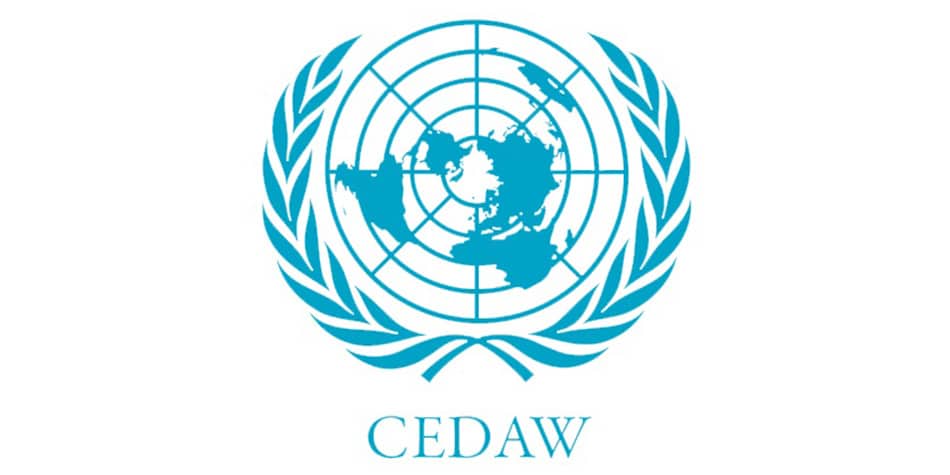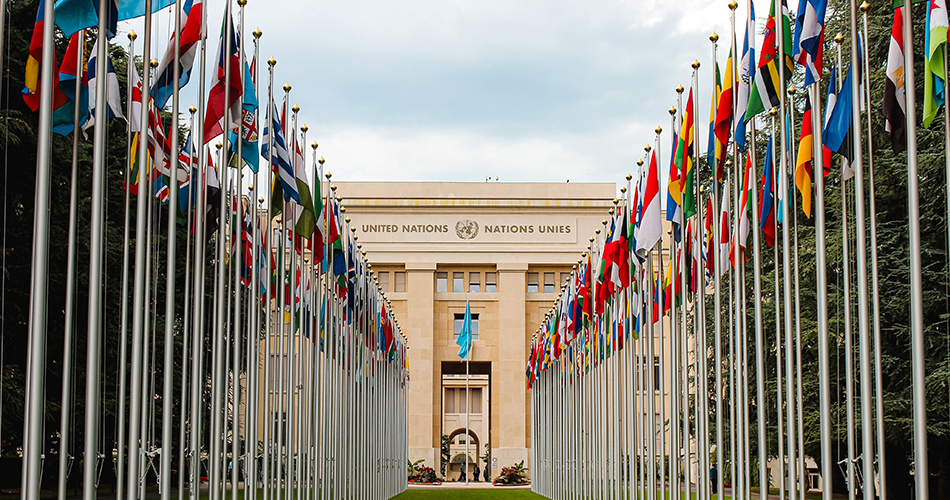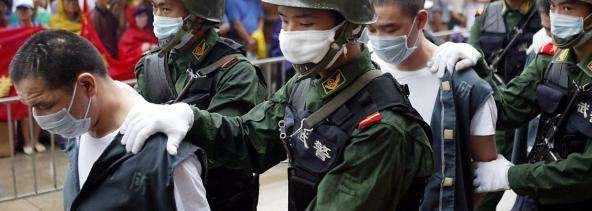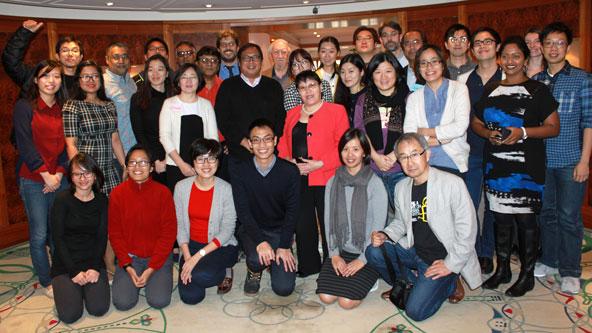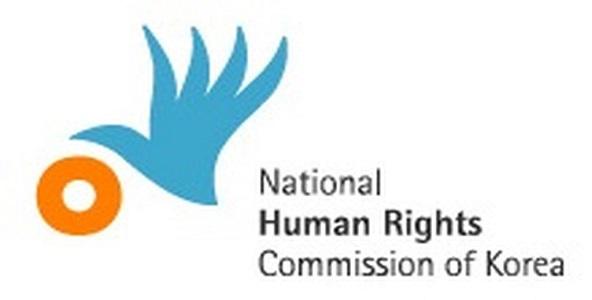
After more than 20 years without executions, a trend toward an official moratorium?
Asia
The President’s office indicated that it was reviewing the request and that national consultations would be held in September 2018.
An advocacy developed upstream
From 25 to 28 April 2018, a delegation of the International Commission against the Death Penalty (ICDP) visited Seoul to meet with the President of the National Human Rights Commission in Korea (NHRC) Lee Sung-ho, the President of the Constitutional Court, senior officials of the Ministry of Justice, members of the diplomatic community and key civil society organizations to discuss issues related to the situation of the death penalty. This international delegation was able to discuss and develop a short-term strategy to glimpse the possible scope of South Korea’s vote for an official moratorium on executions in December 2018.
Although South Korea has not carried out any executions since 30 December 1997, no official moratorium has ever been declared. The delegation’s objective was to facilitate a position in favour of an official moratorium on executions.
International workshop on the death penalty in due course
In advance of the international workshop on the death penalty organised on 26 April 2018, the President of the ICDP, Navi Pillay, during her meeting with the President of the NHRC in November 2017, had put forward the idea of organising an informative event on the death penalty, taking the example of various countries that had abolished this practice. Following the meeting, Lee Sung-ho, (NHRC) reported that South Korean President Moon Jae-in had been receptive and in favour of abolishing the death penalty.
Thus, on 26 April 2018, the National Human Rights Commission in Korea, jointly with the ICDP, organized an international seminar on the death penalty. On this occasion, Professor Ivan Simonovic, Commissioner of the ICDP and former Deputy Secretary-General of the UN, presented several examples of States as they moved away from the death penalty and abolished this "cruel and inhuman" practice.
At the same time, the historic summit between South Korean President Moon Jae-in and North Korean President Kim Jong-un was held in Panmunjom on the inter-Korean border. The commissioner of the ICDP, Professor Simonovic, therefore referred to abolitionist actions as evidence of true leadership: “Major moves away from death penalty require political will and political leadership. The world looks at Korea to take its own route to abolish the death penalty, and to respect and protect the fundamental right to life. Commitment to this goal sends a powerful human rights message in time of the Peace Summit meeting between the leaders of South and North Korea. This message is that human rights and especially right to life are more important than any form of revenge.”
In 2016, on 19 December, the United Nations General Assembly adopted its sixth Resolution calling for a moratorium on executions with a view to abolishing the death penalty. The majority was well received, with 117 votes in favour. This year, South Korea will be a target country of this seventh Moratorium Resolution after abstaining since 2007 on all UNGA Moratorium Resolutions.
Categories
Republic of Korea



